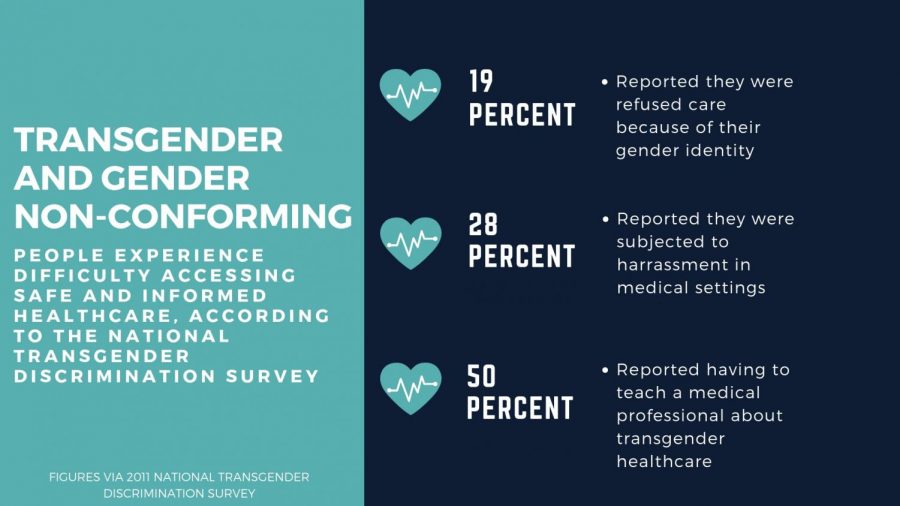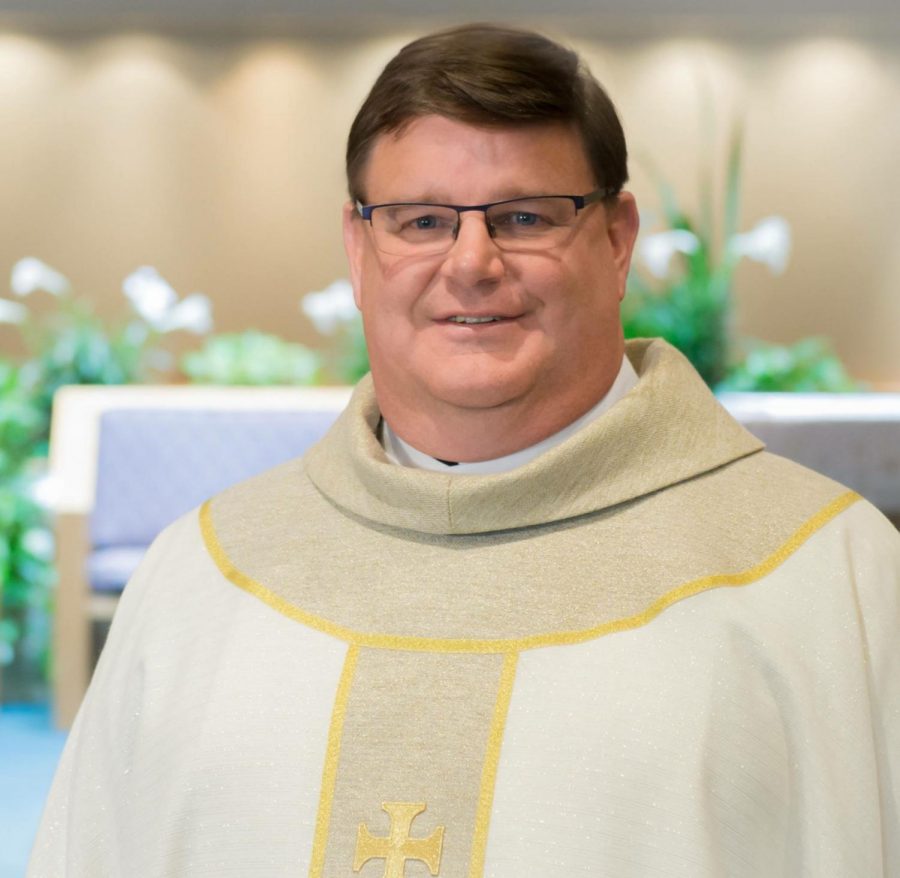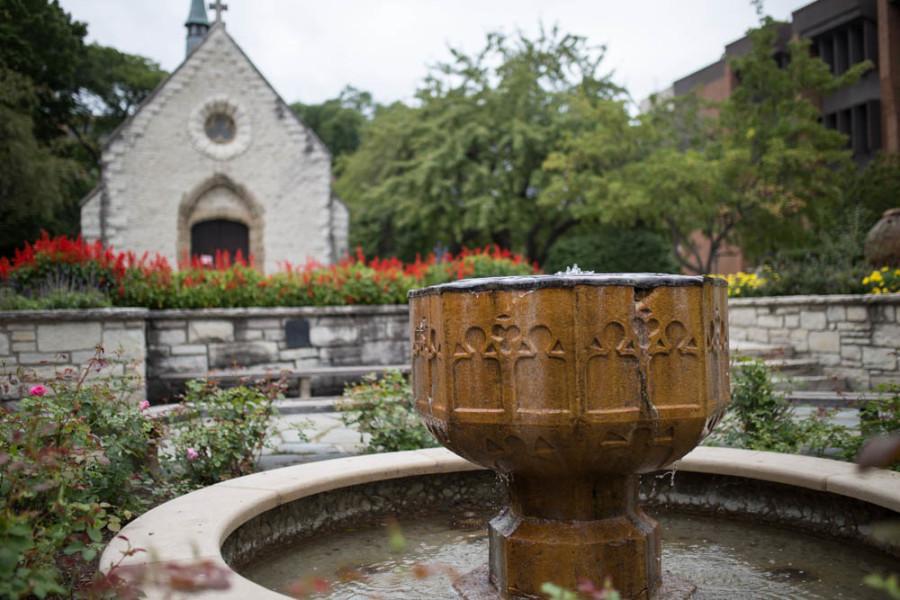
Various slogans, including “‘Facebook official’ does not mean consent,” were plastered across handmade signs hoisted up by participants during Monday afternoon’s “It’s Time” demonstration outside Raynor Library, an event intended to raise students’ awareness of sexual violence.
“It’s Time” is the name being used by a small, independent group of students, faculty and alumni hoping to facilitate campus-wide discussion about sexual violence and push the university to make improvements on how it handles the issue.
Dana Dumbacher, a senior in the College of Arts & Sciences and one of the group’s student coordinators, said the demonstrators turned the heads of many passing students and also got a lot of looks. She said sexual violence is an issue too often ignored on college campuses.
“(Sexual violence) is so stereotyped right now,” she said. “It’s not a conversation.”
Using Facebook to spread the word, the group’s student coordinators also planned a vigil Wednesday night to honor victims and sent a formal letter to administrators outlining specific policy changes they would like to see enacted.
Due to time constraints, the organizers used “It’s Time” only as a temporary, unofficial name to headline this week’s events, Dumbacher said. Looking forward, the group has begun the process to be approved by the Office of Student Development and officially recognized as a student organization under a permanent name, Take Back The Night.
Take Back The Night is an international organization that assists college groups in their efforts to take a stand against sexual violence. Dumbacher said she expects the Marquette chapter to be fully functional by spring 2012.
Dumbacher started thinking about forming a student-led sexual violence awareness group when sexual assault allegations on campus began to surface. Though advocacy groups like VOICE and HAVEN exist within administrative branches, she said she and her cohorts believe there is a greater need for peer education and discussion.
Therese Bermingham, a junior in the College of Arts & Sciences, has also played an integral role in forming the student group and plans to lead it next year.
“It is important that the group will be student-led because this is, in fact, a student issue,” she said in an e-mail. “It’s time for students to actively get involved in changing the climate of sexual violence.”
The formal letter the group sent to administration mentions the creation of a Gender Resource Center, which has already been approved, where students can engage in peer education on not only LGBT issues, but also sexual violence.
“(The Gender Resource Center) should include enough funding to employ a qualified director with enough resources for that director to hire qualified experts in several fields, including LGBTQ issues, especially sexual assault,” the letter said.
Amelia Zurcher, an associate English professor and coordinator for the Women’s Studies Program, is a strong advocate for the center and thinks it can be a place for students to have calm, comfortable discussions about these issues.
“Students want to talk about the hook-up culture,” she said. “It’s part of their reality.”
The letter was sent to Chris Miller, vice president for Student Affairs; Provost John Pauly; Stephanie Quade, dean of students; Jeanne Hossenlopp, vice provost for research; Stephanie Russell, vice president for the Office of Mission and Ministry; the board of trustees; and several college deans. Thirty students, alumni and faculty members signed it.
Among other things, the letter calls to reform parts of the student handbook that may discourage reporting sexual violence, such as unclear definitions of sexual misconduct and an opening statement that says Marquette, as a Catholic, Jesuit university, expects that sexual union will take place within the context of marriage.
In its conclusion, the letter calls for making resources and information more public and available so students are better equipped to deal with sexual violence.
Bermingham doesn’t see the issue of sexual violence vanishing from campus anytime soon and thinks a group like Take Back the Night will always be necessary.
“It can be a reminder that the problem does exist, and it can work to make a difference across campus by bringing awareness, resources and support,” she said. “Most importantly, it can do this through the core of the university itself: the students.”




